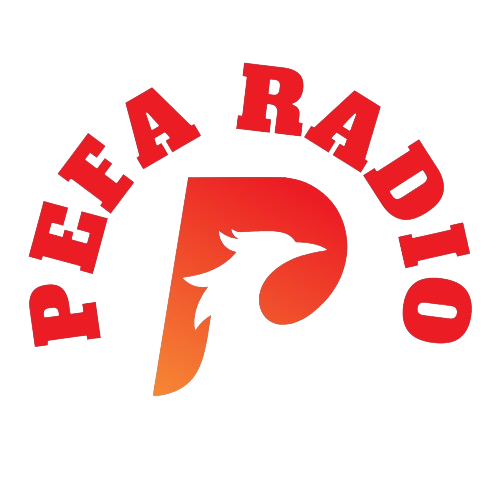Introduction
Long being the most powerful medium in the shaping of community and culture, radio gives a blend that entertains, informs, and educates. This gives the radio the ability to reach vast audience numbers. Thus, it creates a sense of identity and belonging between the stations and the listeners. With its epicurean programs and a strong focus on diversity, PEFA Radio shows an example of modern radio: it is about positive change in community and culture for countries around the globe.
Radio: The Community’s Voice
Uniting Through Diversity
For radio stations such as PEFA Radio, they are proud to celebrate cultural diversity by the bold use of highlighting and playing all kinds of music, several languages, and matters that pertain to the multicultural society. This component of inclusivity would, therefore, not only be beneficial to the fun of the show alone but to the educative bit, to listeners, and instilling a mutual understanding and empathy among people of all diversities. Therefore, this will give voice to other cultures, which pave the way for social bonding and cultural value.
Empowering Communities
Beyond entertainment, radio stations are important in the mobilization of communities around a social cause or initiative. PEFA Radio uses this opportunity to engage her listener, and so does she in environmental, educational, and charitable listenership. By furthering active participation and serving as a forum for discussion, radio promotes a sense of agency and involvement on the part of the audience to make a difference in the actualization of their community.
Cultural Preservation and Innovation
A Medium for Storytelling
Radio has always been one of the mighty mediums for both the stories of cultural heritage and traditions and embracing new narrative technological ways. And PEFA Radio has always maintained faithfulness in that tradition—reflected, then recomposed, and finally displayed through cultural stories, music, and art. This content ranges from interviews to special segments and community-curated playlists—all servicing culture, ensuring that the rich histories and stories of the world’s multitudinous communities, so often obscured or even disregarded, are able to be accessed, heard, and valued.
Fostering Musical Exchange
If to think deeper, this fact—the role of radio in actually introducing new music and new artists to people—might be the most impactful of all on global musical interexchange. PEFA Radio opens the path for this interchange by giving emerging talent the spotlight of exposure through accomplished artists that lay the foundation of sound with a blend of traditional pulsations and modern beats. This not only adds depth to the listening experience but supports artists and genres that otherwise might not find a way to be presented, under the spotlight of mainstream music.
Adapting to the Digital Age
The Evolution of Radio Broadcasting
With the technological era, radio has really changed to the extent that stations like PEFA Radio use online streaming, podcasts, and social networks in making their programs reach the whole world. This digital extension, far from being watered down, in fact, ensured opposite things for the community and cultural impact of radio. It has ensured that stations can reach audiences around the world, which in itself could be one more border this time—geography and culture.
The Future of Radio in Community Engagement
As it continues to evolve, radio has the potential to grow much greater powers of influence on the community as well as the culture. Interactive shows, content driven by listeners, and multi-platform engagement would just be the beginning. In the commitment of PEFA Radio to harness these digital tools, such radio will definitely be relevant as a vibrating power for community building and cultural exchange long into the future.
Conclusion
The impact of radio on community and culture is something that cannot be restrained. It is such a ruthless medium that keeps on joining together, educating, and inspiring, traveling in all directions. This is what makes sure that radio stations get space in their cultural landscape, championing diversity, community participation, and at the same time embracing technology in developing ways through which new generations will continue to change the world.


